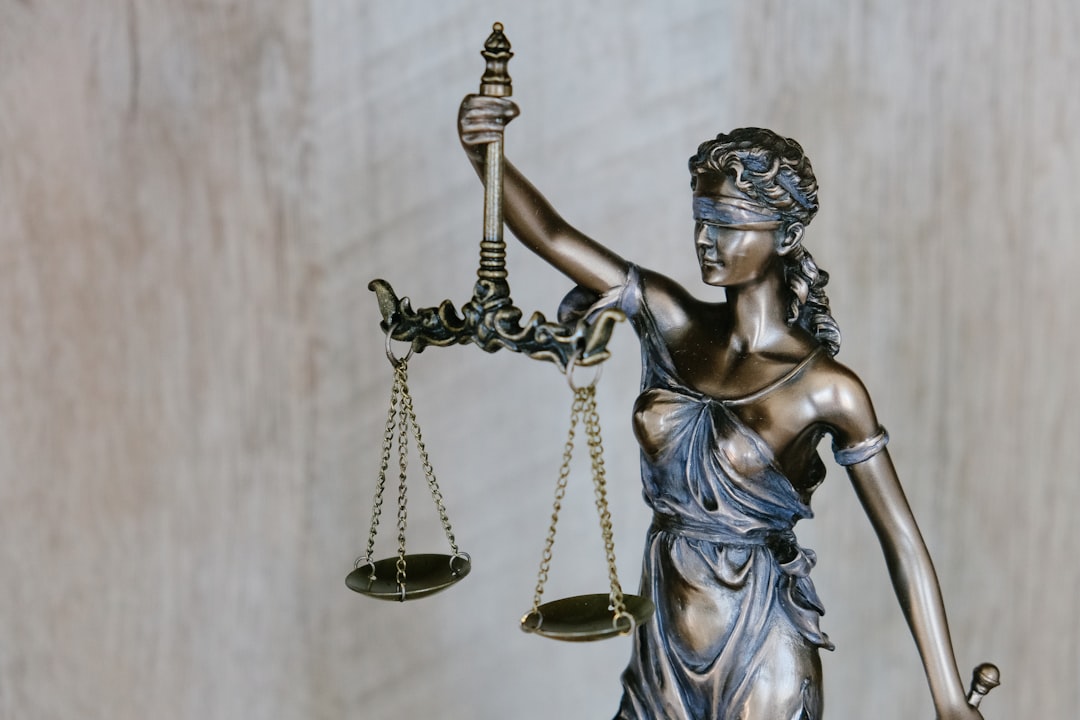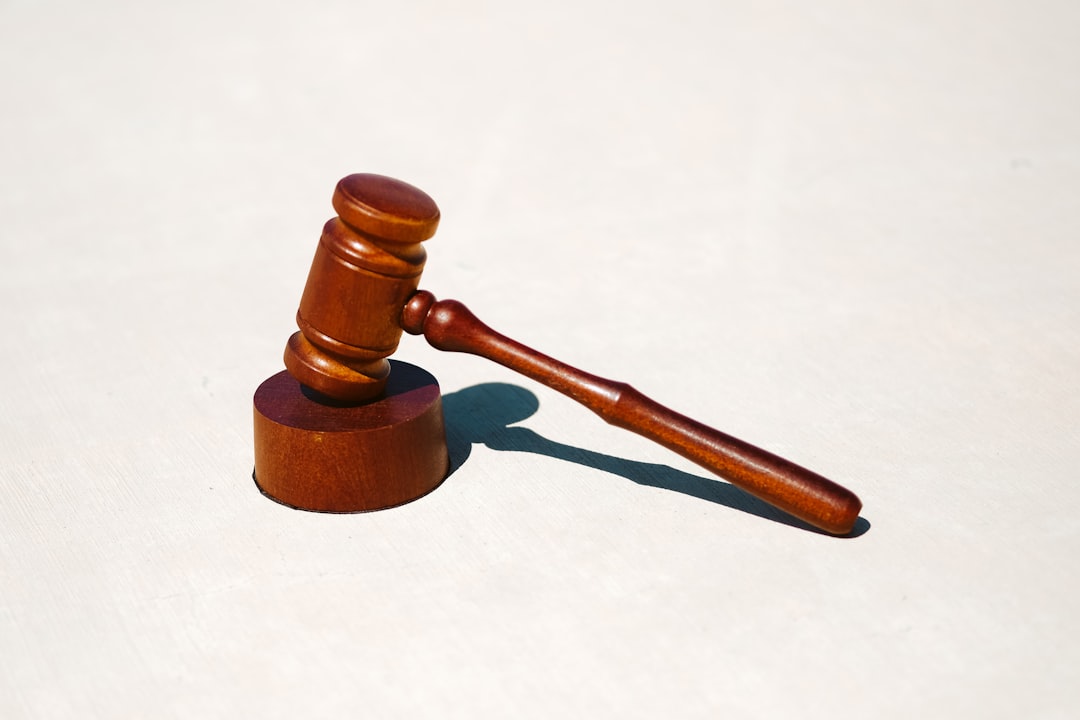Survivors of sexual abuse in Mississippi face barriers due to myths and misconceptions. A sexual abuse lawyer navigates legal complexities, provides tailored guidance, challenges myths, and advocates for victims' rights, ensuring they receive justice and support.
“Unraveling the complex landscape of sexual abuse in Vicksburg, this article sheds light on the pervasive cultural myths and misconceptions that often obscure justice for victims. We explore how these misperceptions impact legal proceedings, specifically within the framework of Mississippi law. Through a Vicksburg-centric lens, we analyze legal protections available to survivors while addressing the challenges they face. Furthermore, we delve into the power of awareness, examining the profound effects of misconceptions on survivor empowerment and their pursuit of justice as guided by sexual abuse lawyers in Mississippi.”
Demystifying Common Sexual Abuse Myths in Mississippi Law

In Mississippi, as in many places, cultural myths and misconceptions about sexual abuse persist, often hindering survivors from seeking justice. One common myth is that sexual abuse must involve physical force or violence. However, Mississippi law recognizes that sexual abuse can occur through coercion, manipulation, or even deception, regardless of whether there was any physical contact. Another misconception is that survivors must immediately report the abuse. The reality is that many survivors, due to fear, shame, or trauma, might not come forward for weeks, months, or even years after the incident.
Mississippi law also clarifies that sexual abuse can happen across a range of relationships, including within families, romantic partnerships, and even between peers. Moreover, it’s important to understand that sexual abuse is not about desire or lack of consent; it’s about exerting power and control over someone for their sexual gratification. A sexual abuse lawyer in Mississippi can help survivors navigate these complexities, guide them through the legal process, and ensure they receive the justice and support they deserve.
Legal Protections and Challenges for Victims: A Vicksburg Perspective

In Vicksburg, as in many places, victims of sexual abuse face a complex landscape of legal protections and challenges. Mississippi laws offer certain safeguards for survivors, including strict statutes of limitations and provisions for civil lawsuits against perpetrators. However, navigating the justice system can be daunting, often deterring victims from coming forward due to fear, shame, or lack of awareness of their rights. A sexual abuse lawyer in Mississippi plays a crucial role in empowering victims by providing legal guidance tailored to local laws and unique circumstances.
These attorneys help survivors understand their options, including criminal charges against abusers and civil compensation for damages suffered. They also address the challenges specific to Mississippi, such as complex procedural rules and jurisdictional issues. With dedicated representation, victims can access justice, find closure, and begin their healing process—a vital step towards reclaiming control in a situation that has left them vulnerable and scarred.
Empowering Survivors: Misconceptions and Their Legal Impact

In many communities, including Vicksburg, survivors of sexual abuse often face a barrage of misconceptions that can impede their journey towards justice and healing. One common misconception is that victims must physically resist or report the abuse immediately for their claims to be valid. However, this belief ignores the complex nature of trauma, where victims may freeze due to fear or later realize the significance of past experiences. Legal implications arise when these misconceptions influence investigations and court proceedings, potentially undermining survivors’ credibility.
Empowering survivors begins with challenging these myths. A sexual abuse lawyer in Mississippi plays a crucial role in this process by providing legal advocacy that respects the unique circumstances of each case. They help ensure survivors are believed, supported, and protected within the legal system, promoting a more accurate understanding of sexual abuse and its aftermath. This shift in perspective can lead to more effective support systems and fairer outcomes for victims.






